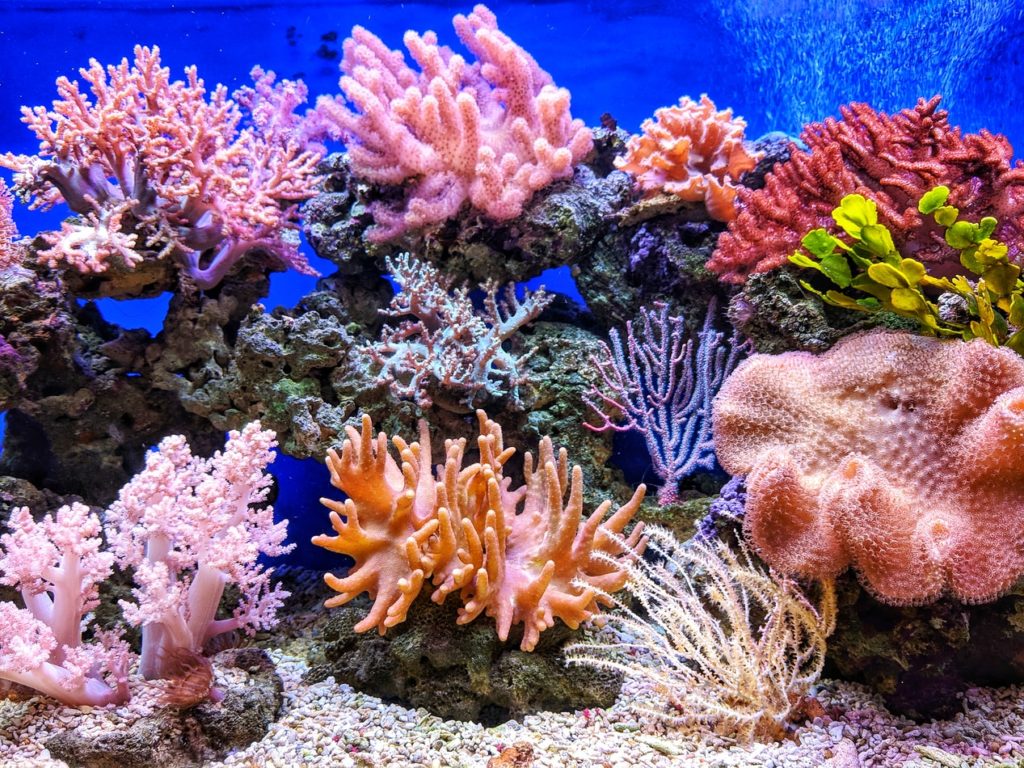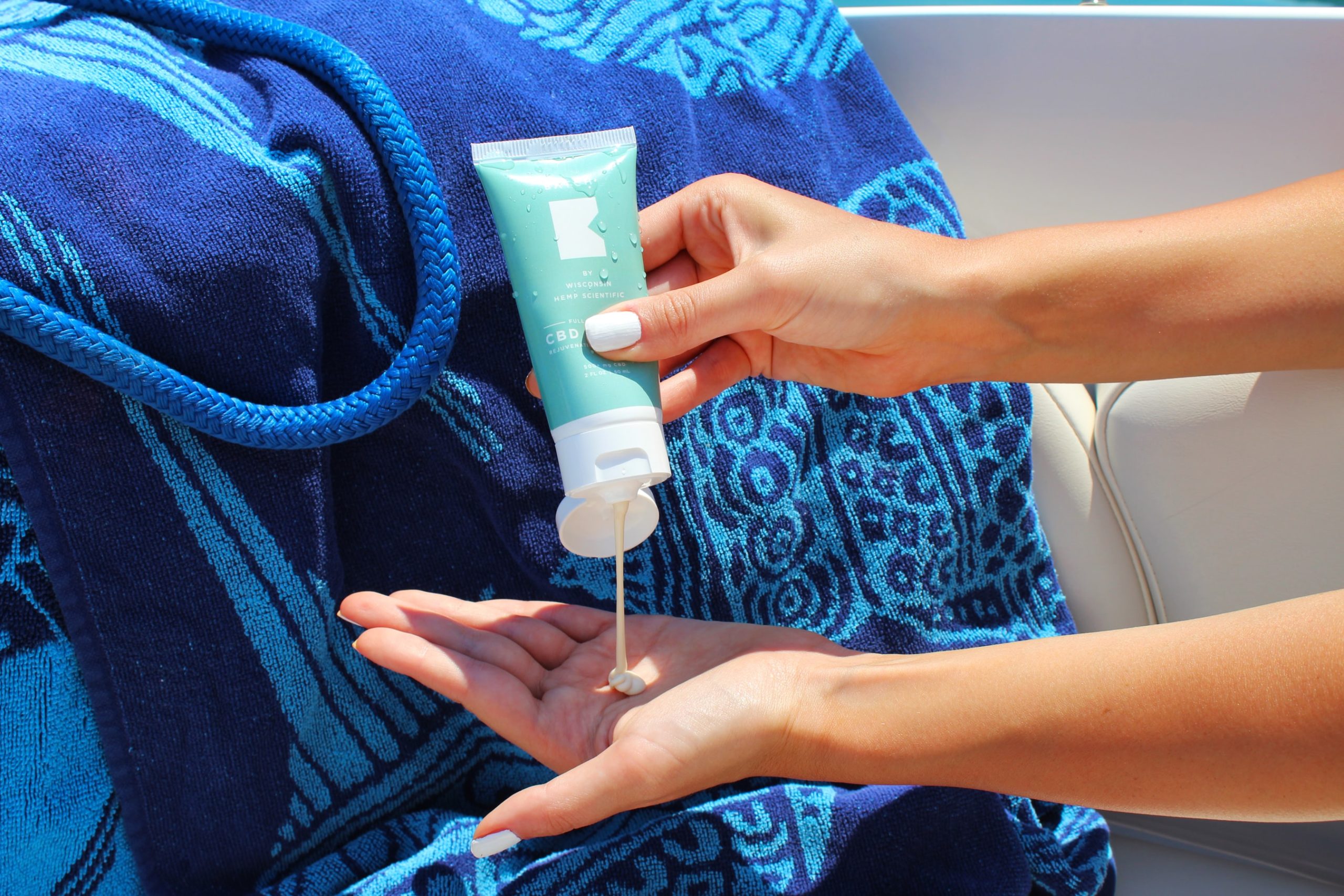The summer is in full affect and staying safe is important but many are asking “is sunscreen bad for you?”. Here is everything you need to know about sunscreen and how it should be used.
There are many benefits to staying protected from the blazing sun. However, is sunscreen bad for you? Well, there isn’t a simple yes or no answer. While wearing sunscreen has its pros, there is also a whole list of cons that follows.
Here is everything you should know about sunscreen.
Is Sunscreen bad for you?
Many have taken on an anti-sunscreen agenda, pushing that sunscreen is toxic. In fact, yes, a lot of sunscreens on the market contain harmful chemicals that not only soak into our skin but also into the environment.
When shopping for sun lotion, if you see these in the list of ingredients, RUN:
- Diazolidinyl Urea (skin irritant, harmful when ingested)
- DMDM Hydantoin (skin irritant, triggers allergies)
- Homosalate (hormone disruption, pesticide absorption)
- Retinyl Palmitate (organ damage, hair loss, hazardous chemical)
- Nano Particles (brain damage in animals, organ damage, affects immune system)
- Oxybenzone (hormone disruption, organ system toxicity
- Parabens (hormone disruption, cancer risks, damages organs)
- Quaternium-15 (skin toxicant and allergen)
- Sodium Lauryl & Laureth Sulfate (linked to cancer, organ damage and skin irritant)
- Benzophenones (linked to cancer, hormone disruption and organ damage)
- Camphor Derivatives (skin irritant, acute poisoning when ingested, respiratory damage)
- Cinnamates (irritant and allergen, kills marine life)
- Nano Zinc (lung damage if inhaled)
- Methylisothiazolinone (lung toxicity, allergens and neurotoxicity)
It’s a pretty long list, and that is only a few of them. These chemicals are not only dangerous for our skin and bodies but also for the oceans, lakes and rivers we swim in.

@antogabb
How Is Sunscreen Bad For You?
The chemicals listed above are all harmful and sometimes even toxic. Most of them are not natural and cause irritation, allergies and in severe cases organ damage.
If you used the same sun lotion that has all these bad ingredients for years, think of the damage it does to your body?
Should You Still Wear Sunscreen?
Wearing sunscreen does have heaps of benefits, it protect against the harmful UV rays of the sun, prevents burns and skin cancer.
Luckily, many brands are hopping on board the safe, natural and eco-friendly solution for sunscreen. Wearing broad-spectrum sunscreen of SPRF 30 of higher will help you and your skin in the long-run.
When looking for sunscreen look for moisturizing, organic or natural ingredients, high SPF, cruelty free and reef safe.
Here are several options to choose from:
- Amavara Mineral Sunscreen
- All Good Sport Sunscreen Lotion
- Tropical Sands All Natural SPF 30
- Reef Repair SPF 30 All Natural

@quinguyen
Why is it bad for the environment?
Sun lotion doesn’t just stay on the skin. Once you get in the lake, pool or shower, the sunscreen will wash off and enter the water.
This is bad because all those harmful chemicals enter the water and affect marine life. The coral reef has been devastated by pollution
Here are even more ways it harms marine life:
- Green Algae – impairs growth and photosynthesis
- Coral – gathers tissue and induces bleaching, damage to DNA, deform young coral and causes death
- Mussels – birth defects
- Sea Urchins – damage immune and reproductive systems, birth defects
- Fish – Decrease fertility and reproduction, birth defects
- Dolphins – gathers tissue that is transferred to young
How To Protect Ourselves and Marine Life
Using sunscreen without harmful chemicals is very important. Also, wearing clothes that protects against the sun can help prevent burn and potential skin cancer risks. Additionally, seek shade after 10 am until 7 pm in the summer months.
Read More:
6 Simple Sustainability Tips That Will Save You Money
Cruise Ships Return and Spark Huge Protests
